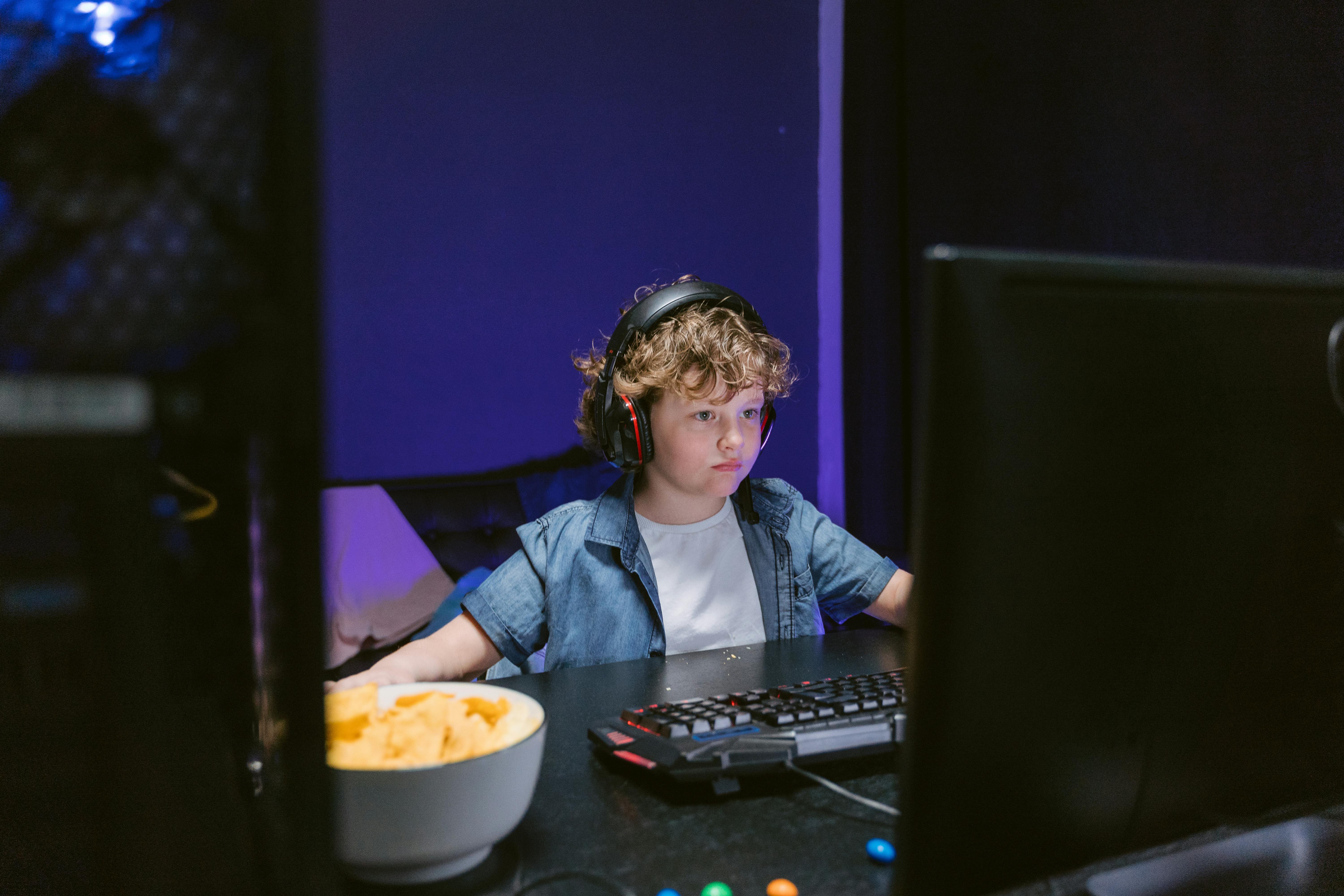The Double Sting of Depression and Anxiety: Involuntary Defeat Strategy (IDS)
For anyone who has ever felt the double sting of depression and anxiety, knows that there is a link between the two in many cases. It makes sense that if an individual has experienced the rejection and defeat that contribute to depression, they will eventually experience anxiety regarding confronting the sources of that depression. There are many ways to label this connection, but the basic premise is simple: the more severe the depression, the higher the level of anxiety it eventually reaches.
However, there is a difference in the types of depression that can cause this type of reaction. For some people, depression can be caused by their attachments. Having a fight with a loved one or breaking up with a long-time partner can be a source of depression that is debilitating, but not always in a way that leads to higher levels of anxiety. However, depression attributed directly to one’s perception of social classification can often be directly related to the development of anxiety.
What this means is that this high-level depression is caused by a feeling of inadequacy and inferiority within a given social setting. The individual is made to feel submissive and defeated in a social competition, whether it is losing a spouse to another man or woman, losing a job to a co-worker, or being overshadowed by a persistently more successful sibling. This feeling of defeat is compounded and, due to the inherent hierarchy that exists in any social interaction, people begin to judge or rate each other. Worse still, those who suffer from depression assume they are being judged and graded, even when they are not, and begin to develop high levels of anxiety about what their friends and family think of them and how they will react to almost every decision they make. .
Recent studies have shown that this form of anxiety is unique because it is directly related to the way you interact with those around you. One in particular, that of David Zuroff of the University of Toronto, asserts that when people come together in a group in essentially any form, an immediate hierarchy develops. This hierarchy and the ranking of each individual within that hierarchy can be measured based on their low positive effect level, a term that refers to the depression they have experienced as a result of defeat, rejection, or losses in an environment. Social. A comparison was made between this low level of positive effect and the individual’s ability to maintain attention and attraction on their peers through respect, influence, sympathy, and other prominent social factors.
The study went on to show that the lower a person is within the social hierarchy of a given group, the higher the level of depression they may suffer from and, as a result, the more anxiety they will develop: feeling trapped in the social environment and overwhelmed by those who they feel that they are better than them. Rather than face this perception, they withdraw within themselves, hiding from outside sources due to a perceived or very real lack of support from their family, friends, and peers.
Zuroff’s study is based on a theory known as IDS or Involuntary Defeat Strategy (Gilbert, 2000; Sloman, 2000) which basically states that depression is caused directly by the activation of an instinct that prevents defeated individuals from possibly trying to cope with superior rivals. . This theory of social rank competition means that a large part of depression is simply due to individuals not being able to terminate this IDS reflex in their brains at the end of a social competition. They continue to allow the effects of losing a job or separating someone to affect the way they perceive and interact with the world.
Millions of people try every day to overcome social pressures and to be an important part of the social hierarchy. Those who can overcome their depression by working with those around them and ending the self-destructive behavior our brains try to instill when we fail will not only be able to operate free of much of the social anxiety they experience, but will quickly rise to the top of the ranks. social classifications.
